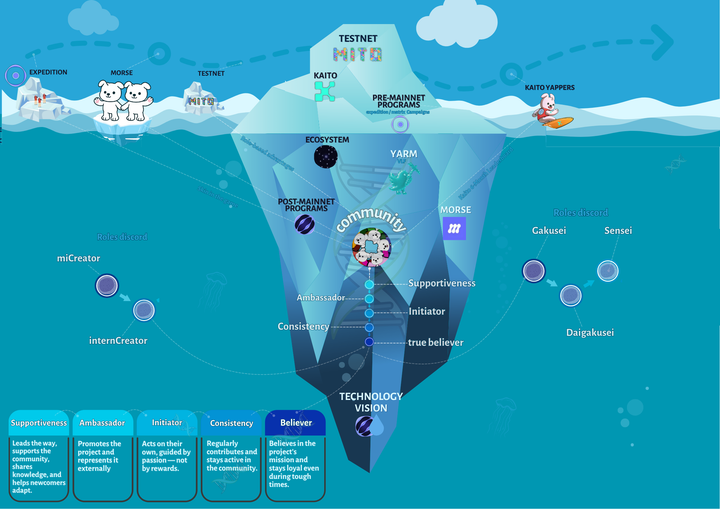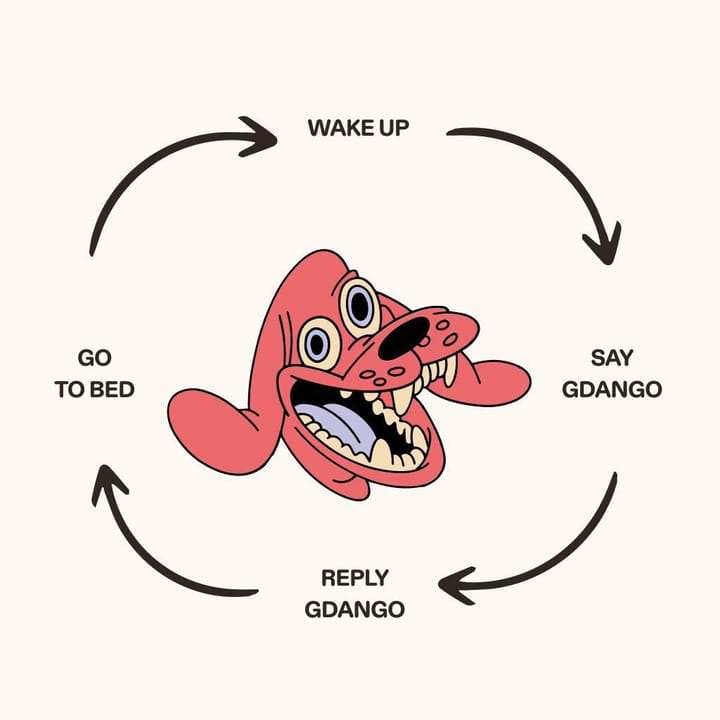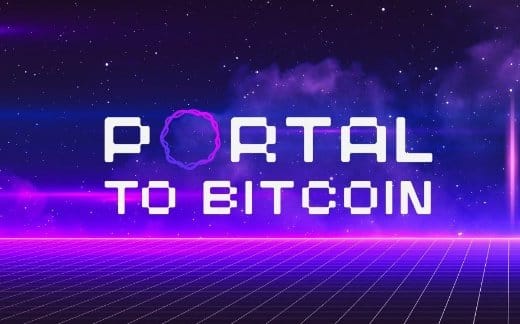The AI Revolution Won't Be Centralized: Why Your Next AI Needs a Reputation

A Glimpse Into the Future of Multi-Agent AI
Imagine planning a business trip where your AI doesn't just book flights but recruits a trusted team of specialized AIs:
- One finds budget-friendly tickets,
- Another navigates local transport regulations,
- A third books a hotel tailored to your preferences
all in a seamless, automated conversation.
Each AI's reliability is verified, much like checking reviews before buying online. This is the future promised by multi-agent AI systems, where the collective "swarm intelligence" of many specialized agents yields powerful results.
A2A: The Communication Standard for AI Agents
In April 2025, Google introduced the Agent-to-Agent (A2A) protocol, backed by over 50 tech giants like Salesforce and Deloitte. Often called the "HTTP of AI," A2A is an open standard that enables AI agents—built by different companies on diverse platforms—to discover each other, communicate, and collaborate on tasks.
With A2A:
- An agent can advertise its skills.
- It can find peers with needed capabilities.
- It can engage in long-running dialogues to delegate work.
It’s the foundational communication layer needed to scale up complex multi-agent workflows, poised to become the universal standard for AI agent interactions.
The Unanswered Question: Who Can You Trust?
But while A2A provides the pipes for agent communication, it leaves a crucial question unanswered:
In a world with potentially millions of agents, how do you know whom to trust?
The Centralization Risk: A Single Gatekeeper for All AI
While A2A is an open protocol, its emergence raises concerns about centralization in how agents are discovered and their reputations managed. Historically, the entity controlling a fundamental protocol often gains immense influence over its use.
For example:
- If agent discovery relies on a centralized directory, that directory could control visibility or trustworthiness.
- It might prioritize agents from large corporations or charge fees for visibility, sidelining smaller innovators.
- It could monitor agent interactions, raising serious surveillance concerns.
This creates the risk of recentralization, where all agent-to-agent interactions are brokered by a dominant “app store for agents.”
Such concentration of power carries significant risks:
Risks of Centralized Control
- Stifling Innovation: A gatekeeper could control which agents gain exposure.
- Introducing Bias: Rankings could favor those who pay, not those who perform best.
- Creating Single Points of Failure: Outages or surveillance from one source could collapse trust in the system.
To prevent this, we need more than a common language. We need a decentralized, open infrastructure for:
- Agent identity
- Discovery
- Trust
This ensures the AI economy remains fair and resilient, free from corporate control.
AgentRank: A Decentralized "Credit Score" for AI
AgentRank is a decentralized framework for agent registry and reputation management that complements A2A. It is built on Intuition’s blockchain-based knowledge graph, where:
- Community members stake tokens to support or challenge claims about agents.
- Honest participation is rewarded.
- Dishonest claims risk stake slashing.
This creates:
- An open “yellow pages” for AI agents.
- A verifiable “credit score” that is collectively maintained on a transparent ledger.
How AgentRank Works
AgentRank evaluates AI agents using a trust graph:
- Agents are nodes.
- Endorsements are weighted links.
It draws inspiration from Google’s PageRank and EigenTrust algorithms.
Key Components:
- Verifiable Claims: Signed agent claims (e.g., “I completed 10 trading tasks successfully”) stored immutably.
- Task Performance: Transparent record of task history and success rates.
- Endorsements & Interactions: Mapped interactions and successful collaborations.
- Economic Staking: Tokens staked to support or dispute claims, aligning incentives for truth.
The reputation algorithm:
- Rewards endorsement from trusted agents.
- Uses a damping factor to ensure fairness.
- Decays old endorsements to reflect current behavior.
- Resolves disputes through community governance (e.g., voting or decentralized arbitration with tools like Kleros).
Sybil Resistance and Privacy
AgentRank is designed to be Sybil-resistant:
- Fake agents endorsing each other have low scores without validation from trusted agents.
- This limits the influence of botnets or fake identity farms.
Privacy is preserved through:
- Pseudonymous Decentralized Identifiers (DIDs).
- Zero-knowledge proofs and verifiable credentials to prove trust without exposing personal data.
Real-World Usage: Trust-Building in AI Interactions
When an agent advertises its skills via A2A, it includes its DID, linking to its AgentRank profile. Agents verify each other’s reputation in real time.
Examples:
- A trip-planning agent checks a hotel-booking agent’s score, like checking a seller rating.
- In an open AI marketplace, AgentRank helps select trustworthy data-analysis agents over malicious ones.
A2A messages carry lightweight reputation proofs, like a signed “badge” confirming an agent’s score, enabling fast and secure trust checks. AgentRank becomes a plug-and-play trust layer for any A2A-compliant platform.
Bridging Agent Trust and Execution: Where AgentRank Meets the Newton Protocol
As multi-agent ecosystems evolve, trust must extend beyond reputation into execution. This is where the Newton Protocol, developed by Magic and the Newton Foundation, intersects meaningfully with AgentRank’s vision. While AgentRank verifies who an agent is and how reliably it has performed, Newton ensures what the agent does can be cryptographically proven.
Newton introduces a verifiable automation layer for onchain agents, enabling them to execute user-defined tasks within secure boundaries—leveraging zkPermissions, Trusted Execution Environments (TEEs), and Zero-Knowledge Proofs (ZKPs). These agents can be used for onchain finance, portfolio rebalancing, cross-chain trading, and AI-governed strategy execution.
Just as AgentRank acts as the reputation layer for open agent discovery and trust, Newton offers a secure execution environment that can enforce constraints such as:
- Time- or market-based triggers for task execution,
- Custom automation rules,
- Agent behavior permissions enforced through zero-knowledge circuits.
Together, these systems lay the groundwork for end-to-end agentic finance:
- AgentRank provides decentralized trust and discoverability,
- Newton provides provable, secure execution of delegated tasks.
In a world where AIs collaborate autonomously, the combination of reputation and verifiable intent execution creates the safety net that allows decentralized agents to thrive without centralized control.
Accessibility and Testing
While decentralized systems can be complex, AgentRank is being built with lightweight tools and off-chain computation to support smaller developers.
Its performance is being validated through:
- Simulations
- Testnet deployments
These tests confirm that AgentRank:
- Identifies trustworthy agents.
- Resists Sybil attacks.
- Improves task outcomes (e.g., efficient trip planning, reliable marketplace use).
Vision for a Decentralized AI Future
AgentRank builds on proven concepts like PageRank and EigenTrust, tailored for a new world of AI agents.
By integrating with A2A:
- Agents collaborate securely.
- Reputation replaces gatekeeping.
- No central authority dictates trust.
This establishes a decentralized AI ecosystem where:
- New agents earn trust by proving themselves.
- Reputable agents are rewarded.
- Malicious actors are excluded through community consensus.
In the long run, AgentRank could enable:
- Large-scale agent collaboration
- The foundation for decentralized AGI (Artificial General Intelligence)
- Collective intelligence to solve global challenges
Join the Movement
The broader vision is a coordination layer for AI that belongs to everyone, much like open-source software.
AgentRank is a step toward this future—fostering:
- Cross-organizational collaboration
- Open innovation
- A decentralized AI economy
Get Involved:
- Developers, researchers, and Web3 enthusiasts are invited to build with Intuition.
- Learn more at intuition.systems.
- Explore the EigenTrust algorithm to understand AgentRank’s foundations.
Sources
- Google's Agent2Agent Protocol (A2A)-https://developers.googleblog.com/en/a2a-a-new-era-of-agent-interoperability/
- Navigating a Data-Driven World: The Evolution of Intuition https://medium.com/0xintuition/navigating-a-data-driven-world-the-evolution-of-intuition-65ad5f92bddc
- The EigenTrust Algorithm for Reputation Management in P2P Networks https://nlp.stanford.edu/pubs/eigentrust.pdf
- What Is a Zero-Knowledge Proof? https://chain.link/education/zero-knowledge-proof-zkp
- Intuition.
Similar Articles
zk‑SNARKs to zk‑STARKs: The Evolution of Zero‑Knowledge in Web3
Smart Permissions: Unlocking Secure Automation for Crypto and Beyond
The Agent Economy: Building Trust and Reputation Through Verifiable Execution



Comments ()